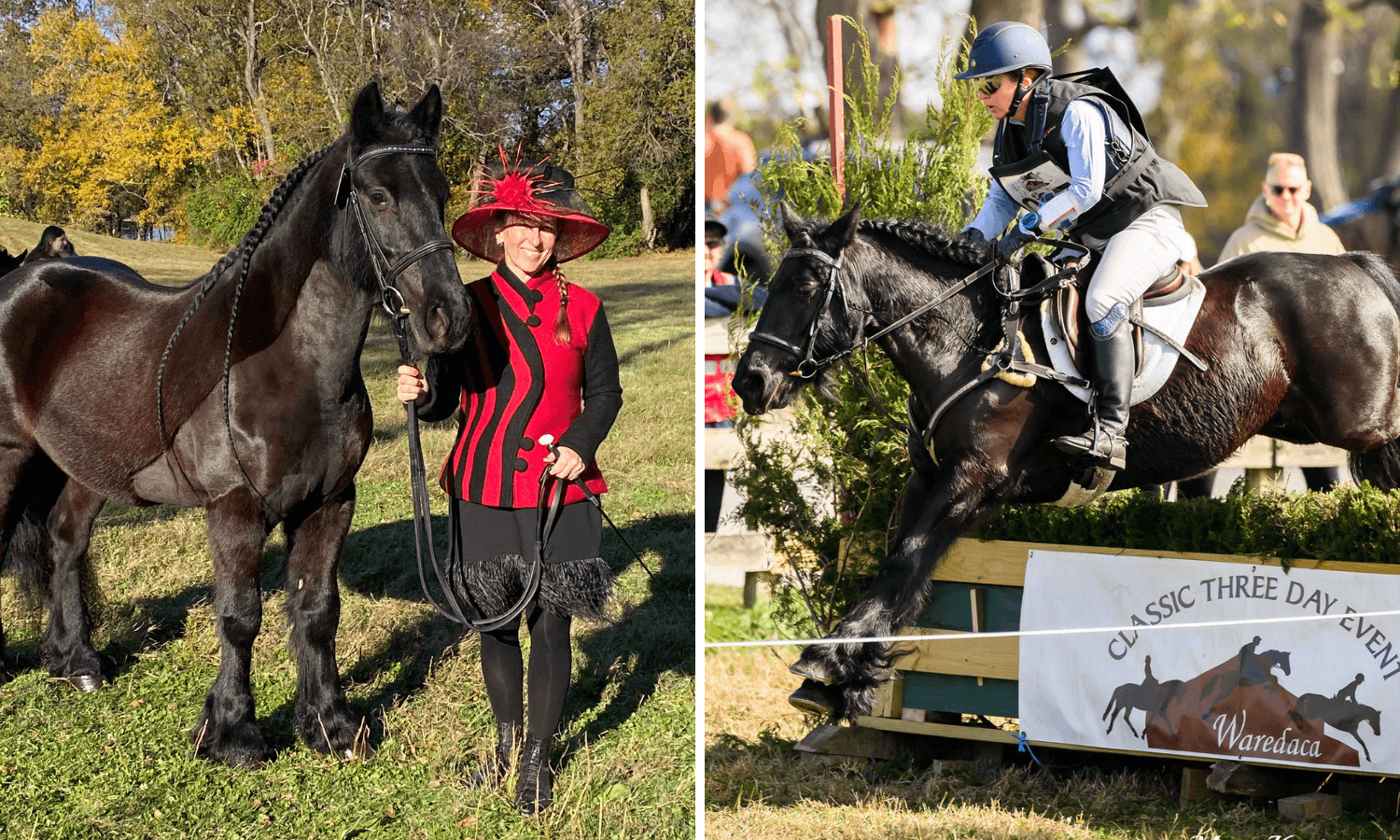Featured Clinician: Liz Halliday-Sharp
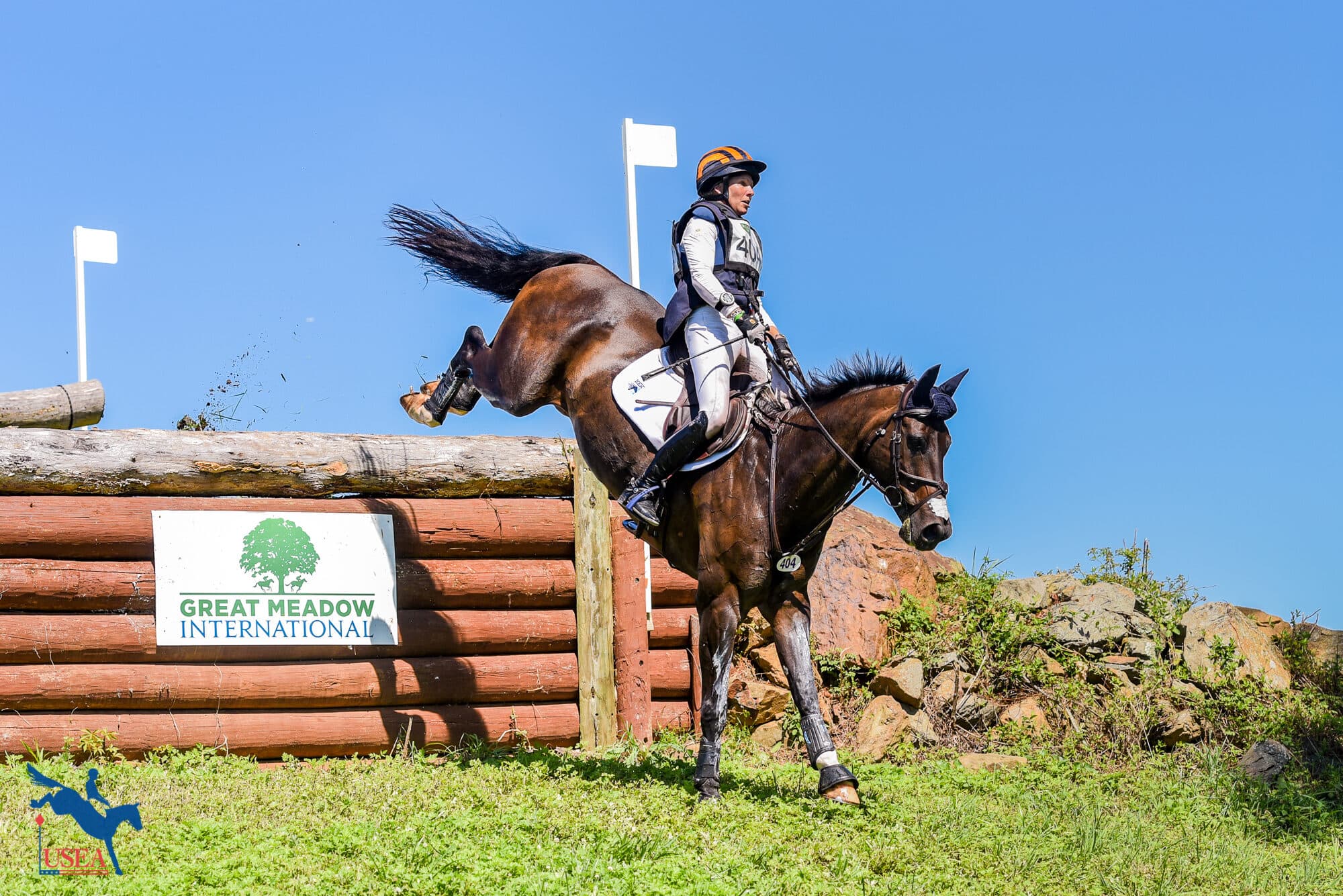
The Featured Clinician article series is provided through a partnership between STRIDER™ and the USEA.
Five-star eventer Elisabeth “Liz” Halliday-Sharp has made the very most of the delayed start to the 2020 competition season. With an impressive string of self-produced horses, Halliday-Sharp has racked up top finishes at Virginia Horse Trials International, Great Meadow International, Stable View Oktoberfest, and was awarded the Jacqueline B. Mars National Competition & Training Grant to attend Galway Downs International.
Named to US Equestrian’s Eventing High Performance Pre-Elite Training List, Halliday-Sharp has represented the United States on a number of Nations Cup teams and was the reserve rider for both the 2018 FEI World Equestrian Games and 2019 Pan American Games.
With an unparalleled commitment to high-performance and high speeds, Halliday-Sharp’s unique background has propelled her to success in both motorsports and horse sports. Until about seven years ago, she pursued a career as a professional racing driver in sportscar and GT endurance disciplines while simultaneously producing her own string of horses to the top levels of international competition.
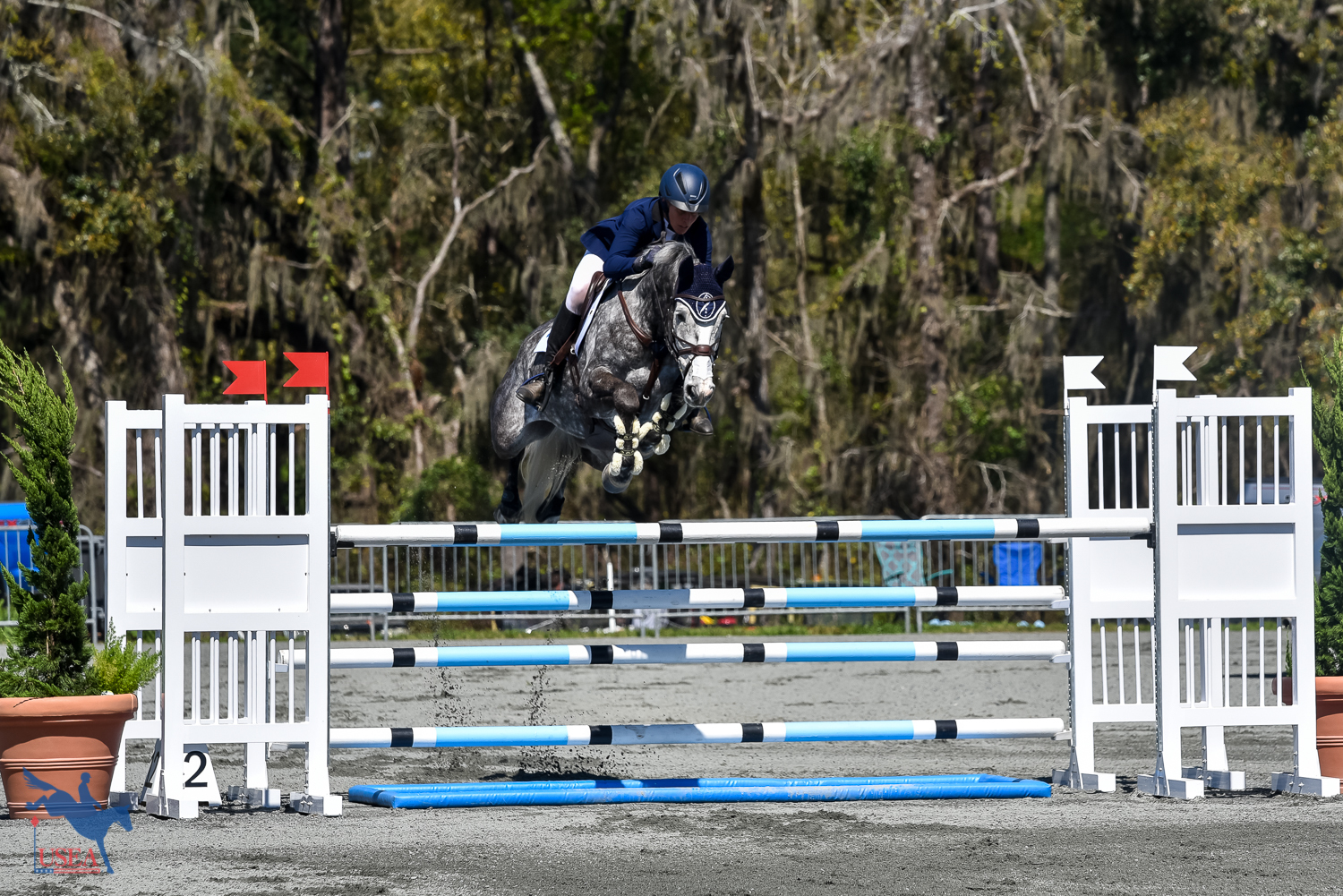
“My brain operates better when it’s going fast and when it has to work hard,” says Halliday-Sharp.
Despite a whirlwind competition schedule, Halliday-Sharp is a popular instructor who enjoys traveling to teach clinics and invites riders into her own facilities in Lexington, Kentucky and Ocala, Florida. In a relatively quiet week just prior to November’s Tryon International Three-Day Event, Halliday-Sharp carved out some time to chat with STRIDER about her teaching and training philosophy, the importance of failure, and the opening of her new facility, Blue Fox Farm, in Lexington.
“This is my first full season back in the U.S. since 1999 . . . I have really been enjoying teaching since I’ve been back here in the U.S., especially as everyone is really passionate about riding and wants to get better regardless of the level. That’s exactly what I’m after. I’ve always enjoyed teaching. In a clinic setting it’s always fun because you meet a lot of people who aren’t your regulars. It’s always interesting to take on a lot of horses and riders who are new. I enjoy being able to find that breakthrough moment; to give them something new to work on and send them home with good homework.”
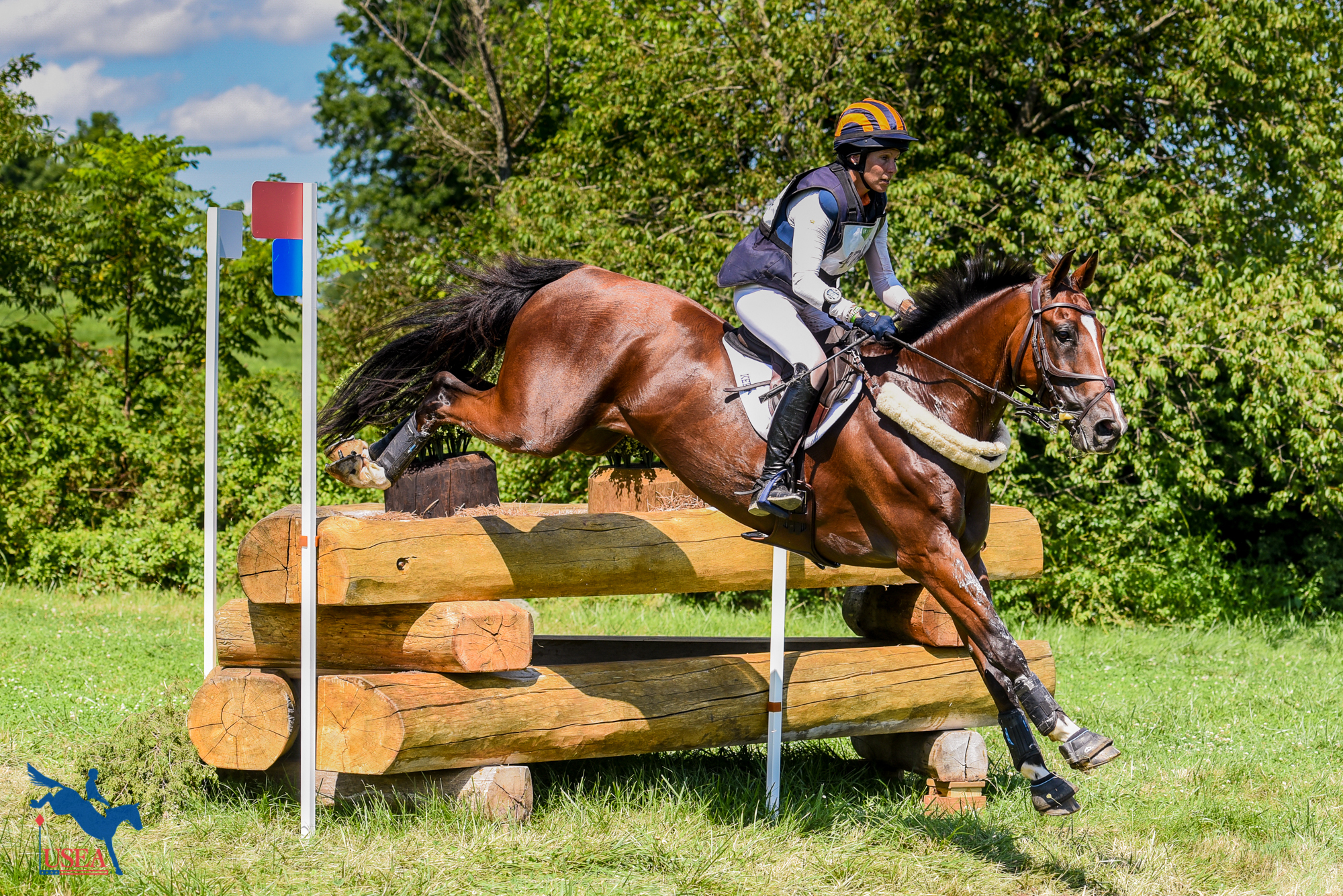
Halliday-Sharp asks questions of her students that enable them to leave with a positive experience. As a United States Pony Club graduate who has also gained her British Horse Society Stages 1-4 and teaching qualification, she has an incremental approach to teaching that benefits horses and riders of all levels.
“I try very hard to make it possible for my students to improve. I don’t like to throw a million things at them at once. I find it’s very difficult for riders if you get too complicated and try to take off the whole elephant in one bite. Instead, I try to give [my students] things to work on that make sense.”
“I’m happy to teach all levels and all kinds of horses. My only expectation is that people come with an open mind and come prepared to maybe change habits they have and embrace what I have to say, because I am trying to help them.”
“You can teach yourself to have an open enough mind to take something away from every experience.” Halliday-Sharp explained that this is paramount in her own training and something she hopes her students will incorporate as they develop in their own riding.
“You can always learn something from everyone. Never, ever stop learning. Even when I’ve been sent to trainers who are not really my way, I can usually take something and put it into my own practice.”
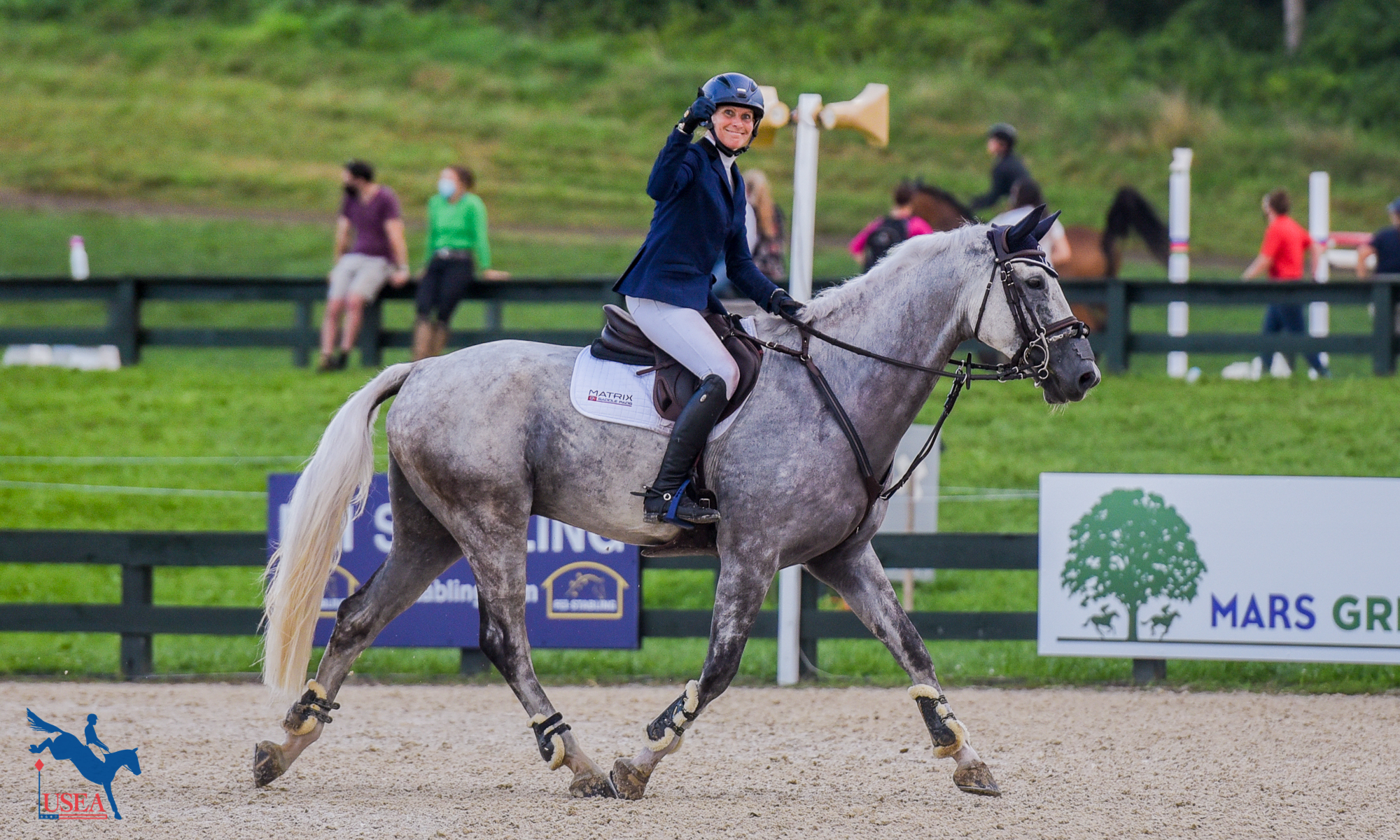
With a diverse set of coaches and influences in her own program, Halliday-Sharp draws on her own experiences to provide maximum benefit for her students. William Fox-Pitt, for whom Halliday-Sharp rode when she moved to England, has been a major influence. Today, she fine-tunes her dressage work with four-time Olympic medalist Robert Dover and top UK dressage coach James Burtwell, show jumps with well-known British trainer Richard Picken and Olympic gold medalist Peter Wylde, and works closely with US Equestrian Performance Director for eventing Erik Duvander.
“I definitely try and pass along what has worked for my style of riding. I’m always trying to relay what I’ve learned and am experiencing with my own horses in my lessons and pass that along to my students.”
“I’ve learned that there’s not one answer for everything. Some things work for many horses, but every horse is slightly different, and certain horses need a different way. I always say to treat every horse as an individual.”
As she produces horses to the top levels of the sport, Halliday-Sharp’s program emphasizes individuality. She has learned to work with and respect the distinct needs and personality types of a variety of horses.
“The training side of horses is so rewarding, nearly all of my top horses I’ve produced from the start.”
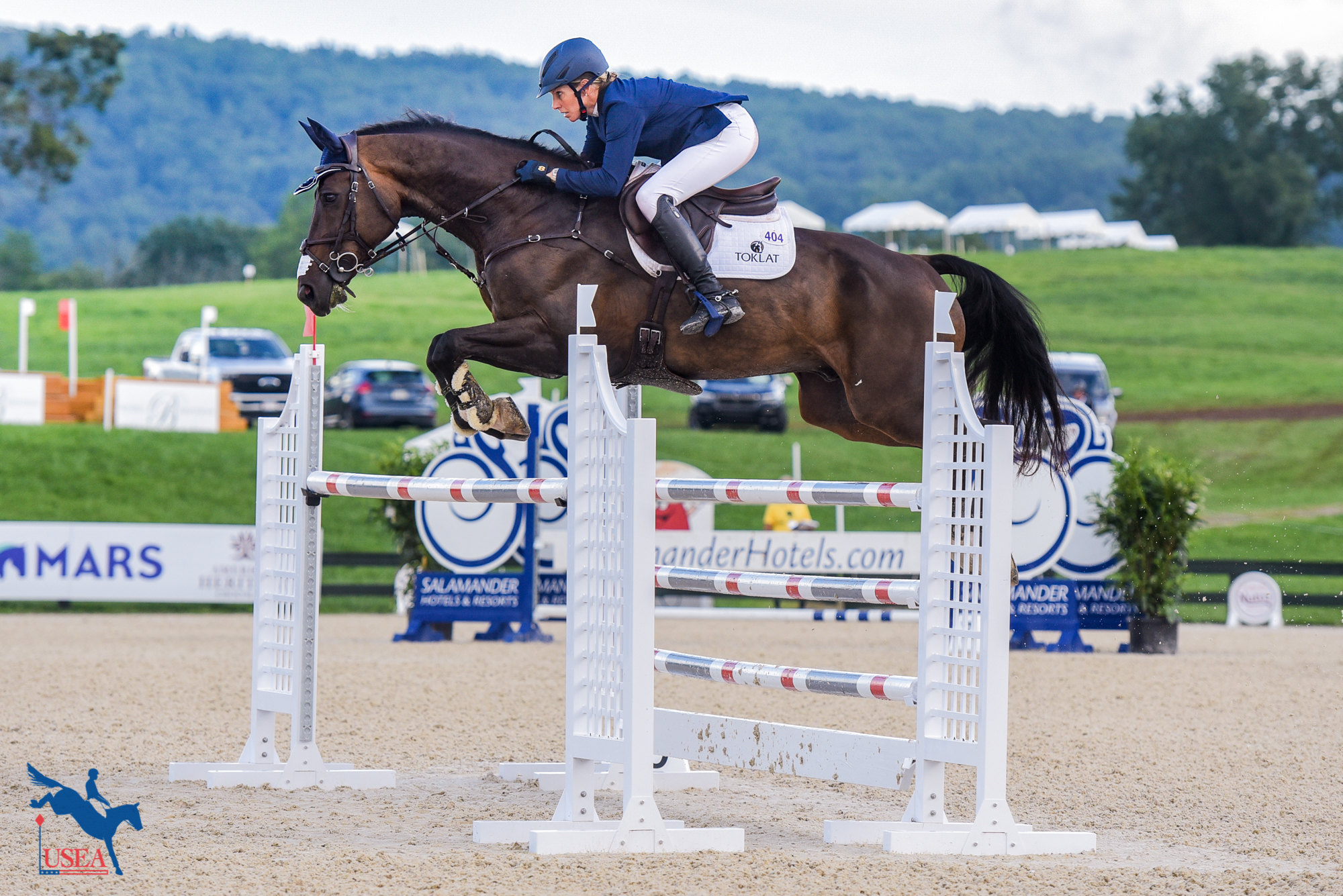
Halliday-Sharp is quick to admit, however, that success is hardly linear- something she has learned and learned from throughout her pursuit of both motorsports and high-performance eventing.
“I’ve learned from both sports that you can’t be afraid to fail. If you never fail, you never get better. If you never put the car off the track or out-brake yourself, you’re not trying hard enough. I suppose it’s a bit the same with horse sports. If you never fall off, or never make mistakes, you’re never learning.”

To easily find and book upcoming opportunities to #LearnFromTheBest in a clinic with Liz Halliday-Sharp, visit www.striderpro.com. For more details on Liz Halliday-Sharp Eventing, head over to www.lizhallidaysharp.com.



